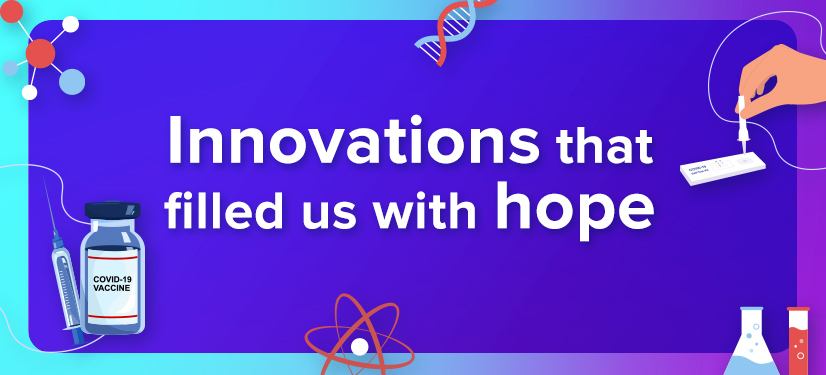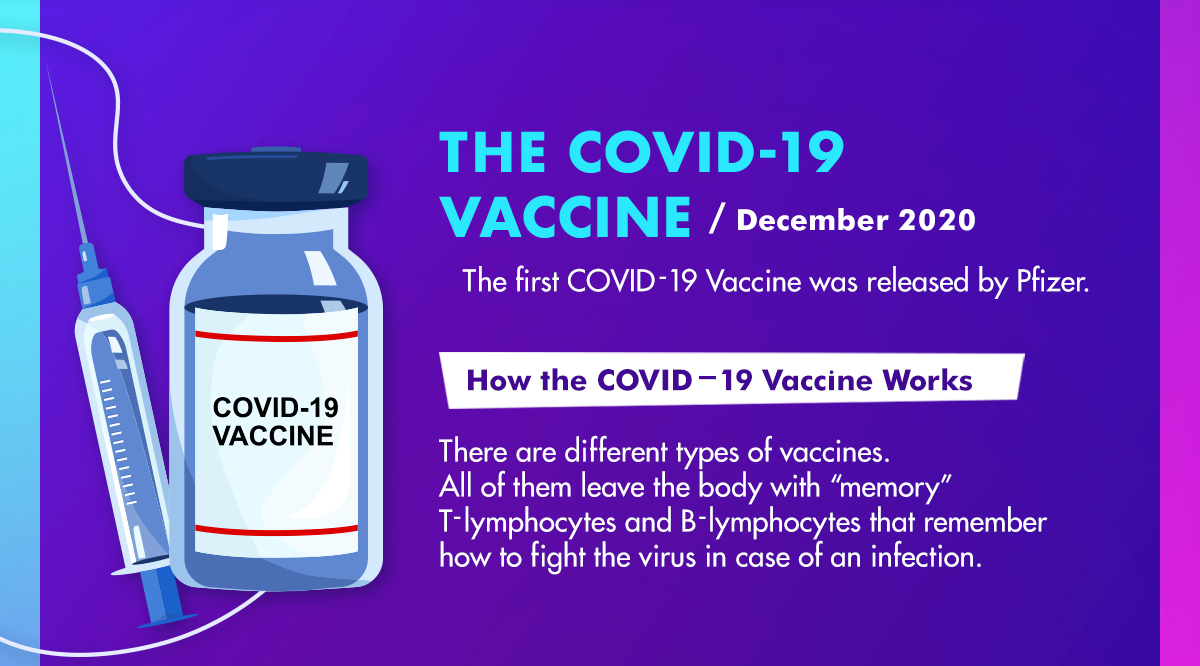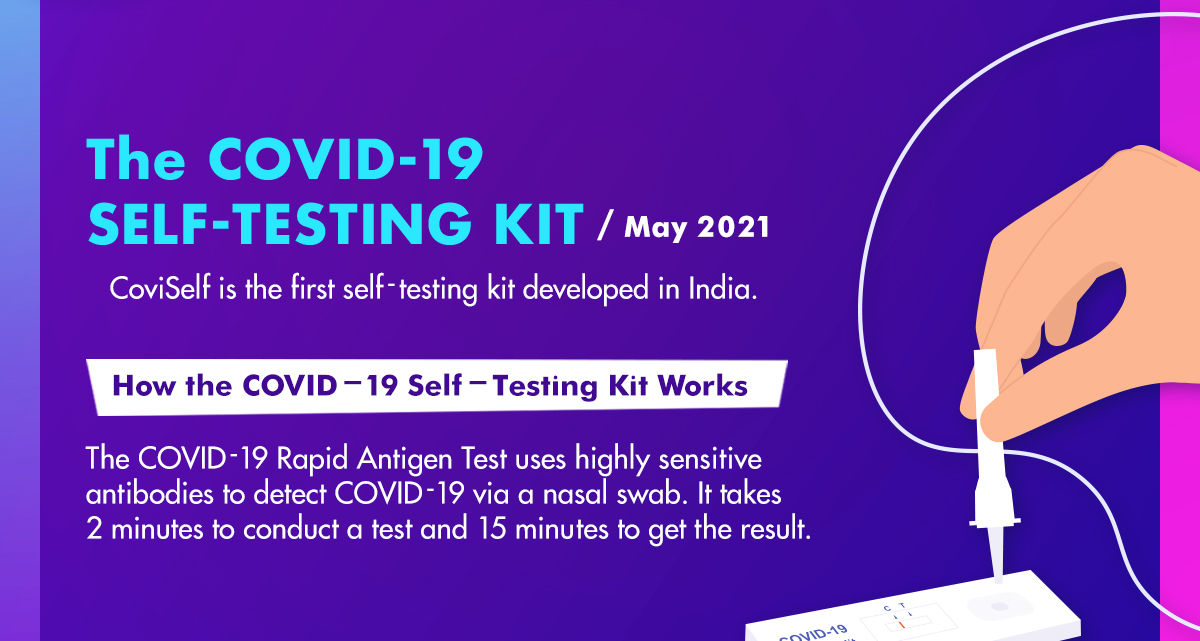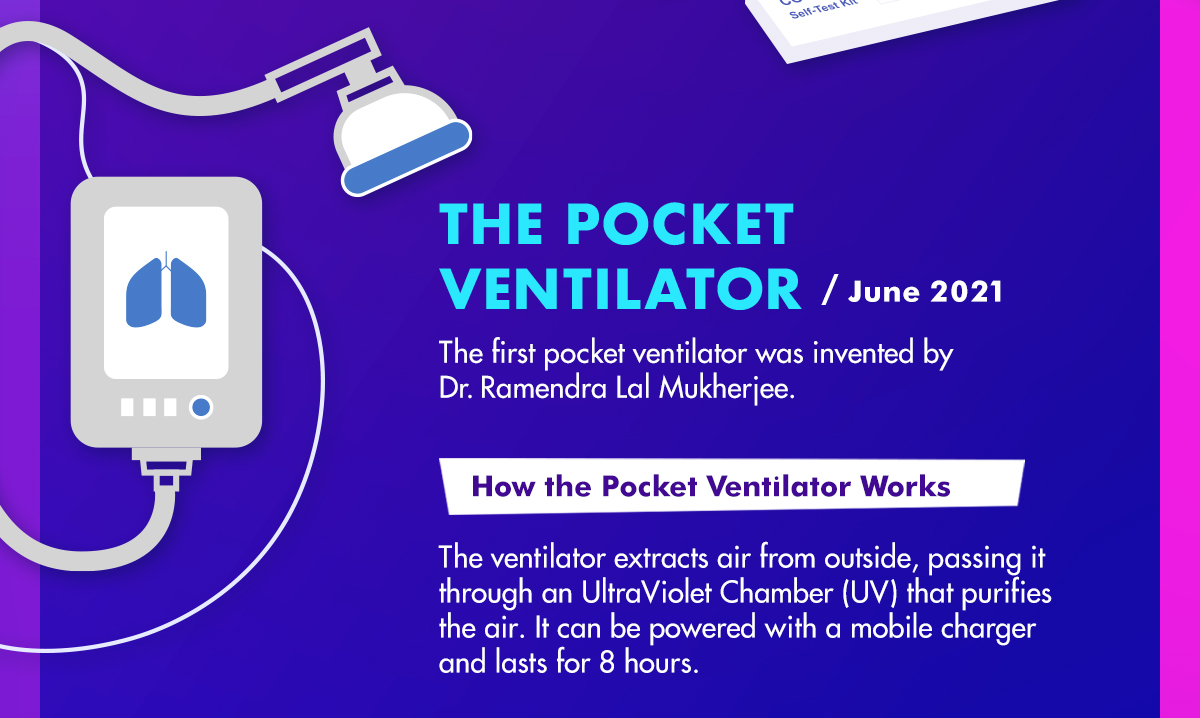
Science is at the heart of everything around us, as far as the eye can see. From the intricate workings of today’s modern world to the little activities that we do in our daily lives, everything can be attributed to innovations by the scientific community for centuries.
On World Science Day for Peace and Development, we celebrate the important role of science in society and the hope that science has instilled in us. With the pandemic looming large, science was at the forefront of finding a way to navigate through this unforeseen crisis.
In March 2020, the world came to an eerie standstill. The COVID-19 pandemic forced people into isolation, schools and businesses shut down, and life as we knew it completely changed. With uncertainty in the air, it’s only human nature to panic. It also became human nature to stay resilient, not give up hope, and innovate.
While cases were on the rise and lives were at stake, the doctors, the scientists, and the engineers of the world spent their days and nights to innovate and find solutions to fight the virus. Some of these inventions saved lives, while others improved the quality of living. Let us talk about 3 inventions that gave us hope during the pandemic.

To combat the virus and save millions of lives, the need of the hour was a vaccine that could protect people from falling seriously ill. For decades, scientists have been working to develop vaccines for the hundreds of coronaviruses that exist, including the ones that cause the common cold or those that cause a severe acute respiratory syndrome. Hence, the knowledge that was gained in the past paved the way for the development of the vaccine for SARS-CoV-2, the virus that causes COVID-19. In fact, this vaccine is the fastest one to be developed (fully-tested immunisation approved for emergency use under 1 year) after the mumps vaccine in the 1960s which took 4 years to develop.
As a ray of hope for humanity, the first COVID-19 Vaccine was released by Pfizer in December 2020 in the United States. Several other countries also began producing their own vaccines such as the Covaxin, Covishield, Moderna, and Sputnik V that are in use today. So far, 7.31 billion doses have been administered worldwide, which only goes to show our incredible resolve in working together to curb the pandemic.

With social distancing being the norm, people avoided stepping out of their homes unless absolutely necessary. If one became symptomatic, one had to venture out to a public testing centre where the risk of infection was high. To address this issue, organisations across the globe began concocting solutions to ramp up testing and also to encourage people to isolate themselves at home. This led to the ingenious invention of the at-home self-testing kit that provided results in minutes.
The world’s first self-testing kit was the Lucira COVID-19 All-In-One Test Kit. In May 2021, India’s very own CoviSelf was produced by Mylab Discovery Solutions which is widely available in medical stores and e-commerce platforms.

When Kolkata-based scientist and engineer Dr Ramendra Lal Mukherjee was diagnosed with COVID 19, his SpO2 levels went down drastically and had to be admitted to a hospital for ventilator support. He understood the perils of those affected by the virus and was struck by the idea of a portable device to help patients breathe easily, even at home.
Being an engineer by profession and a serial innovator by passion, he manufactured a pocket-sized ventilator, which unlike a bulky CPAP machine used in hospitals, was non-invasive and inexpensive. It could be powered by a simple mobile charger and last for a good eight hours. With complete faith that his innovation would save lives, Dr Mukherjee claimed worldwide recognition and earned 30 patents to his credit.
As the COVID-19 pandemic rages on, we have witnessed extraordinary innovations like never seen before in history. Inventions such as face shields, sanitiser bots, buildings that analyse air quality to minimise potential risks of contamination, and many more have sprung up within a short span of time and yet have made a lasting impact. With these innovations, the scientific community continues to prove to the world that the marvels of science can save humanity and give us the hope we need for a better tomorrow.
Also read:
https://blog.byjus.com/the-learning-tree/science-feed/decoding-indias-first-of-its-kind-dna-vaccine/
https://blog.byjus.com/the-learning-tree/science-feed/science-calendar-2021/
https://blog.byjus.com/student-stories/sixth-grader-from-byjus-builts-covid-detector/
Vandya is a copywriter by the day and an amateur illustrator by the night. She's a cat mom 24/7. As a certified organisation freak, she lives and breathes in Notion. With a head full of ideas, she is passionate about crafting interesting concepts - for work or play. To kick back at the end of the day, she likes binge-watching shows with an inclination for all things spooky.
Comments
Shijo P Joshy
November 19, 2021
Wow amazing telling
Kudos to Vandya Rai
Thanks very much, I gained a lot of knowledge
Suman pal
November 17, 2021
Happy world science day
Megavarshini
November 12, 2021
That’s a good article…
Our world has not been able to defeat the virus…
We need more such new mysterious discoveries, solutions, information and inventions
Nidhi Yadav
November 12, 2021
Nice
Eng. Clyde H. Phillip FIBE, FASI, REng
November 11, 2021
Science, Engineering, Technology, Agriculture & Medicine (SETAM) will continue to play and have an ever increasing impact on the lives of humanity. We salute the people in the front line who are making this a reality.
Alokendra Mandal
November 11, 2021
That’s true, inventions and innovations in Science had really changed the world and now also the world is changing. And I believe scientists, inventors and innovators are the foundation of human civilization.
Shrisha goski
November 11, 2021
Amazing inventions ?
What a great social work!!!!
Gauri Radhakisan Jadhav
November 10, 2021
It’s a really correct